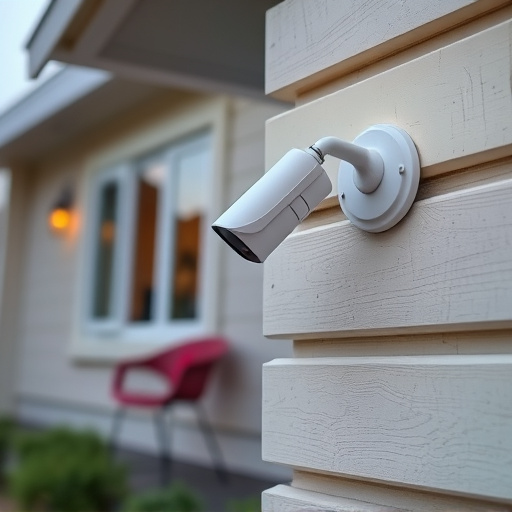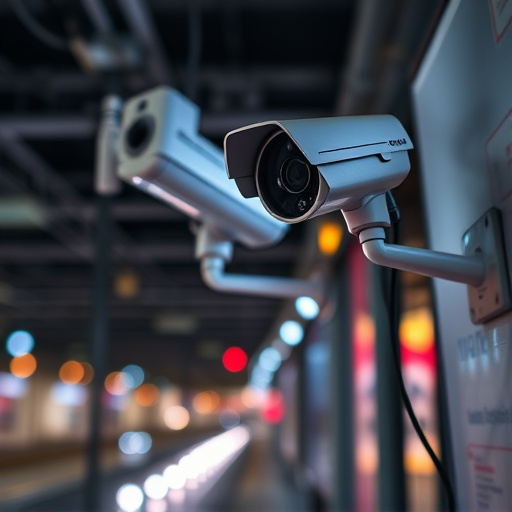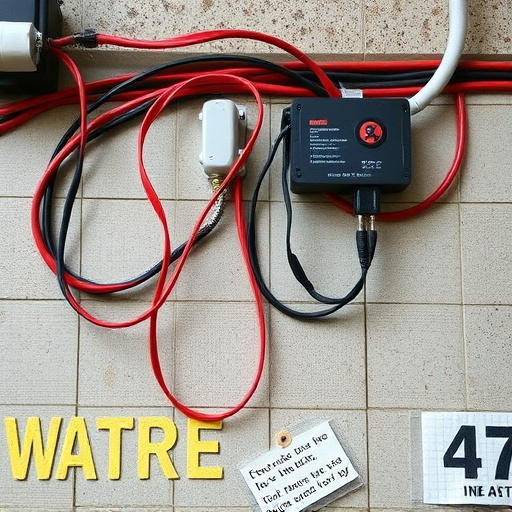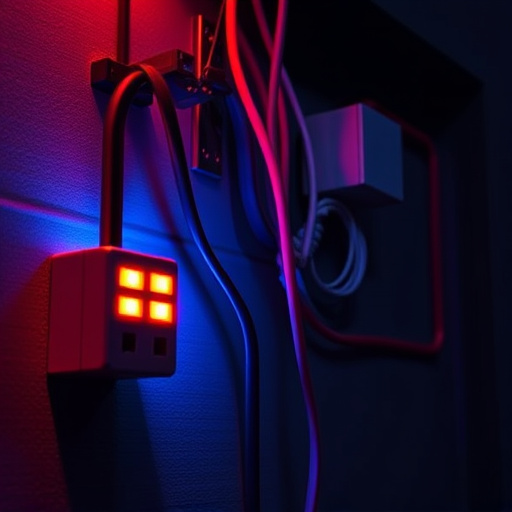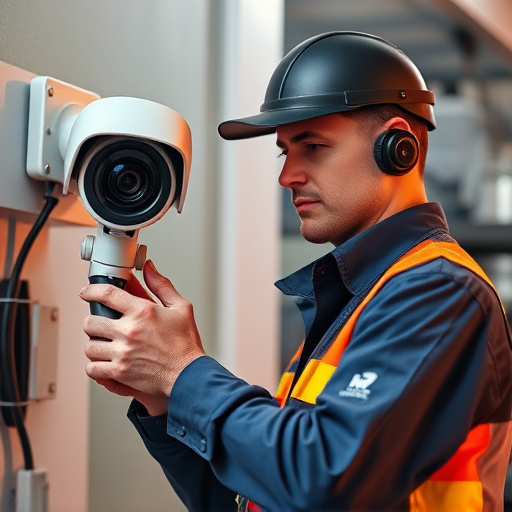Pittsburgh, PA's video surveillance laws balance security and privacy. Best Video Surveillance Pittsburgh PA requires understanding local rules for camera placement, access, and use in residential and business areas. Ethical considerations include encryption, storage duration, and clear signage. Compliance ensures legal, proportionate surveillance while preserving individual freedoms. Cloud-managed security, regular maintenance, and clear policies are vital for effective, responsible systems.
In an era where video surveillance is increasingly prevalent, understanding the legal considerations surrounding its use in Pittsburgh, PA, is paramount for businesses and residents. This article delves into the critical aspects of best video surveillance practices in Pittsburgh, focusing on the city’s unique legal landscape, ethical implications, and data privacy standards. By exploring these key areas, we aim to provide insights into the optimal deployment of surveillance systems while adhering to legal mandates and respecting individual privacy rights.
- Understanding Pittsburgh PA Surveillance Laws
- Ethical Considerations for Video Monitoring
- Best Practices for Data Storage and Privacy
Understanding Pittsburgh PA Surveillance Laws
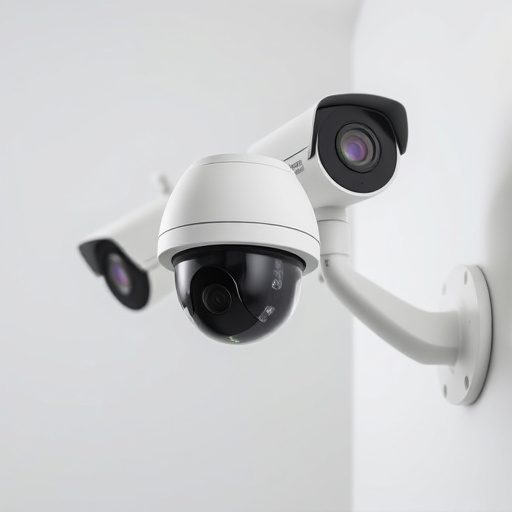
Pittsburgh PA, like many jurisdictions, has specific laws governing the use of video surveillance to ensure privacy rights are respected. Understanding these regulations is crucial for businesses and residents considering implementing best video surveillance Pittsburgh PA solutions. The primary focus is on balancing security needs with individual freedoms, ensuring that surveillance activities are legal, reasonable, and proportionate.
Local laws often dictate where and how cameras can be installed, who has access to the footage, and for what purposes it can be used. For instance, Pittsburgh may have rules about camera placement outside residential properties or restrictions on recording in certain areas to protect privacy. Additionally, businesses should understand that installing IP security cameras or local security cameras comes with responsibilities, such as providing notice of surveillance to employees or customers and ensuring live security monitoring complies with legal standards.
Ethical Considerations for Video Monitoring
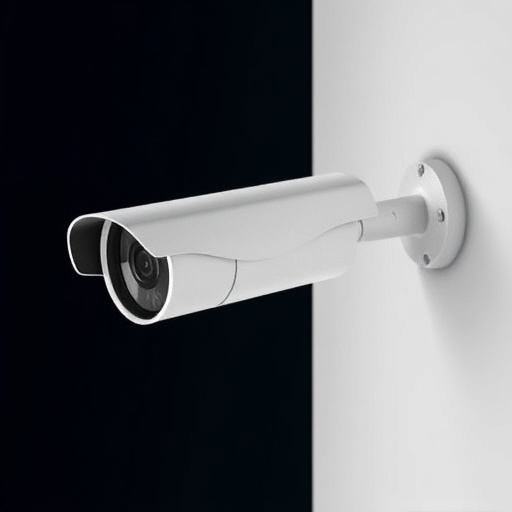
As technology advances, video monitoring becomes increasingly prevalent in public spaces and private residences alike. In Pittsburgh, PA, as with anywhere, implementing best practices for video surveillance is essential to balance security and privacy concerns. Ethical considerations surround the use of surveillance systems, particularly regarding individual rights and freedoms. The installation of security cameras raises questions about who has access to the footage, how long it is stored, and under what circumstances it can be used. For example, custom surveillance installation practices should ensure that recordings are encrypted and stored securely to prevent unauthorized access. Additionally, clear signage indicating the presence of cameras is crucial to respect individuals’ privacy while also deterring criminal activity.
When considering video surveillance as a security measure, it’s important for businesses and homeowners in Pittsburgh to understand local laws and regulations. This includes knowing when and how to obtain consent for monitoring, especially in areas where privacy expectations are higher, like homes or business offices. Moreover, the installation of security cameras should be done thoughtfully, with a focus on maximizing coverage while minimizing the invasion of personal spaces. By adhering to ethical guidelines and legal requirements, Pittsburgh residents can leverage the benefits of surveillance systems, such as improved safety and crime prevention, without compromising their privacy rights.
Best Practices for Data Storage and Privacy
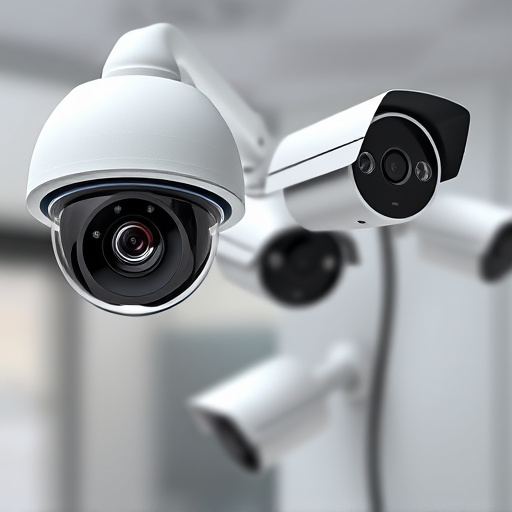
When implementing best video surveillance Pittsburgh PA systems, proper data storage and privacy practices are paramount. Organizations should consider both physical and digital security measures to safeguard sensitive footage. One effective strategy is adopting a cloud-managed security approach, ensuring data encryption, secure access controls, and remote monitoring capabilities. This method allows for efficient storage, easy retrieval, and enhanced protection against unauthorized access or data breaches.
Additionally, regular maintenance and clear policy definitions are crucial. This includes regularly updating software, patches, and firmware to protect against emerging cyber threats. Clear guidelines on who has access to the footage, for what purposes, and for how long should be established to respect privacy while adhering to legal requirements. Engaging in responsible security camera installation practices and consulting with legal experts can help businesses navigate the complex landscape of data protection regulations.
When implementing the best video surveillance Pittsburgh PA systems, it’s crucial to balance effective security measures with strict adherence to local laws and ethical guidelines. By understanding Pittsburgh PA surveillance laws, prioritizing data privacy, and adopting robust storage practices, businesses can harness the power of video monitoring without compromising legal or moral standards. These considerations ensure a comprehensive approach to safety while respecting individual rights in the dynamic landscape of technology.









